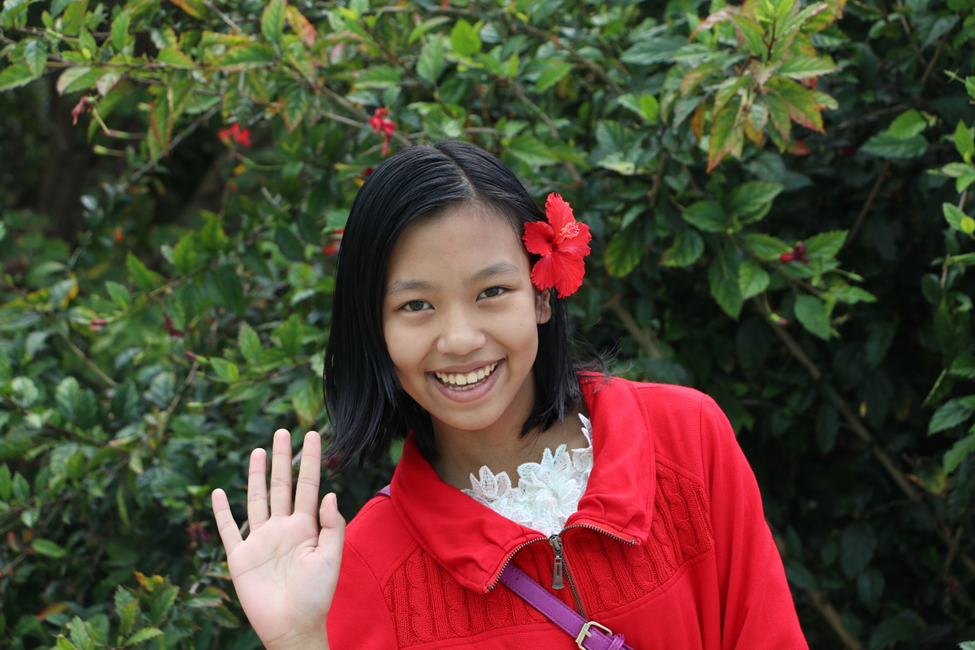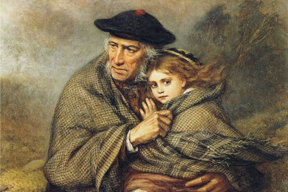All You Need To Do Is To Travel
I have pushed the importance of overseas travel for over half a century. It does several things for the traveler. One of the critical aspects of seeing the world relates to education. George Santayana wrote, “A child educated only at school is an uneducated child.” Trust me. We have all attended various schools during my lifetime, in which I have learned many things.
Nonetheless, learning about the world is two-dimensional. Travel provides the third dimension. Travel is an educational game-changer. I have spent more than two years overseas, which has cost me a lot of money during the past five decades. However, the cost of not traveling is far too costly not to travel.
Ibn Battuta predated Santayana by more than a half-millennium. He and I have visited many of the same places. Battuta said of traveling, “Traveling—it leaves you speechless, then turns you into a storyteller.” That is true. Travel forces one from a two-dimensional world to see the real world, which will leave one speechless.
Battuta added that travel turns the traveler into a storyteller. I could tell you thousands of stories, but this is the most important one. I have been to Myanmar three times in the past eight years. The first time I went to Myanmar hoping to interview the Lady, Aung San Suu Kyi. I didn’t come close to my long-held dream.
However, a serendipitous event occurred. I discovered a part of my family near Inle Lake. My tour guide, Moh Moh, had to stop at her home to pick up my itinerary after leaving Inle Lake. We were greeted by Ti Ti, her oldest daughter, with this statement, “Hi! My name is Ti Ti. Do you want to play some games?”

While she did beat me a Scrabble, I discovered my granddaughter. Ti Ti is the bridge between her family and my family in the States. She is brilliant, caring, driven, beautiful, charming, and fun to share time together. The following is a picture of Ti Ti and her family during our family tour together a year and a half ago. This is Ti Ti at the award assembly before we went on our family tour. She won the award of being best in math in Shan State.


During that time, COVID-19 traveled throughout the world. The military staged a coup, which made matters even worse for my family and the rest of Myanmar. Ti Ti is in her first year at Gusto University, which has been put on hold due to both national problems. Into this chaotic situation, Ti Ti emailed me about how she deals with the world in which she lives.
Dear Papa Al,
A few days ago, I phoned to a guy who works in a Japanese agency to ask if he can teach me Japanese Speaking. He advices that it’s better to advance to another level rather than just studying speaking. So, l decided to upgrade my Japanese skill.
In the meantime, I decided to start a new language, which is Korean. Spanish is still too far from me and it’s hard for me to pronounce since l have no teacher, but l am trying my best. I can now speak daily conversation in Spanish. But l have to improve my pronunciations.
While doing that, l don’t want to put all my egg in one basket. I am still looking for a computer class where I can learn computer programming. Since the internet connection is very low and is cut off sometimes, there aren’t many classes. When I find one, l will email you right away.
I hope the situation will become better soon. I really want to go back to my normal life and attend a University like the people in rest of the world. I also want to travel with you again soon.
Everyone in my family is doing fine. And my father bought us a keyboard 🎹. We are really happy with it. But we are still looking for a piano teacher. Hope we can find someone soon.
How are things in your place? I wish you the best of health.
Love,
TiTi
I told you that she is brilliant and driven. I responded to Ti Ti’s email by mentioning that I love her and her two younger sisters. I also referred to the English poet, Elizabeth Barrett Browning, who wrote How Do I Love Thee? (Sonnet #43)? Browning wrote this poem to her husband, Robert Browning, who was another poet. Her poem begins, “How do I love thee? Let me count the ways….”
I used Browning’s introduction to her sonnet to tell Ti Ti just how much I loved her. I provided her my counting of the ways.
- You are truly gifted intellectually. I knew that the first time we met.
- You are also extremely caring. I’ve written about you being a junior mother. Remember going to Oceans and having lunch upstairs? You wouldn’t sit down until you were sure that your younger sisters had ordered. You do things like that all the time.
- You always push yourself. You want to learn about nearly everything. Whether in math, science, or the liberal arts.
- You want to get back to Gusto University. That is a drive within you.
- You are always reliable.
- I enjoyed talking with you, especially on our family tour. We were on the road exploring places and had time to sit and talk.
- Another one of your attributes is that you are culturally diverse. You know Myanmar’s culture, etc. But you are equally into the Western world. In your email, you wrote about eggs in one basket. Those types of phrases are a part of your vocabulary. Even though your country was a British colony, you and your family speak American English fluently.
Ti Ti is a teenager facing two potentially deadly problems, COVID-19 and the coup, in her world. While she wants things to return to normal, she deals with the world in which she finds herself.
Ti Ti and her family were discovered by me when I was traveling. I am a fortunate person to have had the good fortune to play Scrabble with Ti Ti. I lost the game and found my family because of Ti Ti.
Follow @mountain_and_me












